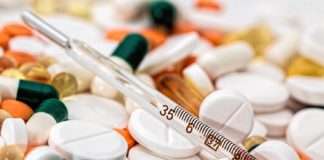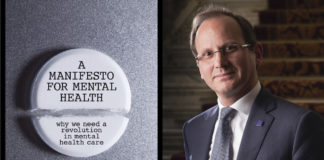Tag: psychiatric drugs
Wilful Blindness
For those who have experienced harm the abuse starts by not being believed by GPs and psychiatrists when in withdrawal. To then have abuse levelled at them on social media seems to confirm that psychiatry is not interested in learning from its mistakes, only about its preservation.
Antidepressants Are Great, Until You Have an Adverse Drug Reaction
I ended up admitted to a psychiatric hospital without being involved in that decision. At a time of stress and vulnerability I expected genuine support. Instead I had the police on my doorstep and I was locked into a building for three weeks. Forced hospitalisation was a serious trauma and I continue to suffer post-traumatic stress over a decade later.
Psychological Support for Psychiatric Drug Withdrawal
We discuss the release of guidance which has been specifically written to support UK psychological therapists and their clients in having discussions about taking and withdrawing from psychiatric drugs. The guidance is a collaboration between psychologists, peer support specialists and psychiatrists and aims to provide important context and evidence-based support to psychological therapists.
Prescribing Rights for UK Psychologists – Should We Be Cautious?
We urge the BPS to consider the implications of proposals to grant psychologists prescribing rights. Specifically, we note that uncritical use of diagnostic language and assumptions in the field of mental health begs crucial questions about the nature of distress, while potentially contributing to the overuse and misuse of psychiatric drugs. We are also concerned about further restricting the right of service users to be offered a choice of understandings and approaches, especially in the field of mental health.
Peter Kinderman – Why We Need a Revolution in Mental Health...
An interview with Professor Peter Kinderman about his new book, A Manifesto for Mental Health, Why We Need a Revolution in Mental Health Care, in which he proposes a rejection of invalid diagnostic labels, practical help rather than medication, and a recognition that distress is usually an understandable human response to life's challenges.





